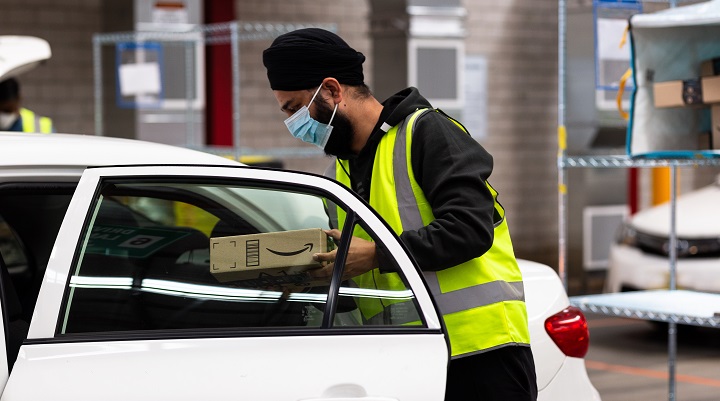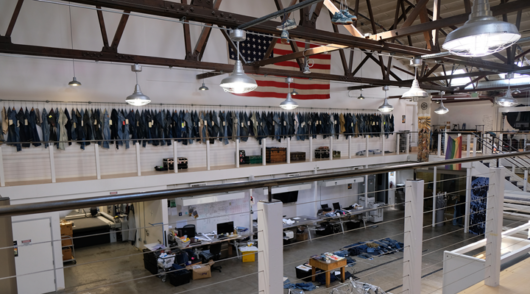Amazon’s Flex delivery service, which functions as a way for the business to tap into the gig economy, has come under fire for unfair working conditions for its delivery contractors.
An investigation by the ABC has heard from multiple drivers that describe low pay, unreasonable expectations and unsafe working conditions – with many stacking their cars full of packages in an effort to ensure they don’t have to hand back any that are allocated to them and risk a strike by the online behemoth.
“[Amazon] has created an atmosphere of fear,” one driver told the ABC.
“The perception is that you do work for yourself, and you can set your own hours – you can be your own boss. But the reality is no, you really can’t. You’re still dictated to by this big company.”
Flex drivers must fit all their deliveries into a four hour window. Take too long and you have the option of returning packages to the distribution centre and receive a warning, or attempt the deliveries in your own time for no extra pay.
Amazon pushed back against these claims in a statement to Inside Retail, saying the average driver earns $120 per hour hour delivery block, which is in line with relevant owner-driver laws, and that it doesn’t believe its expectations are unreasonable.
“We aim to give drivers the right number of packages that they can comfortably deliver within the block, and we achieve this in the vast majority of occasions,” Amazon said.
“And where delivery’s take longer, all delivery partners are paid for excess time spent on delivery work… We undertake a proactive pay reconciliation process across Australia on a regular basis.”
According to the report, the contract between the contractor and Amazon bans workers from signing onto future class actions against the business – something Amazon also disputes.
“The contract does not ask drivers to waive their rights to take any disputes to court or a Tribunal. It explains that disputes should be resolved in the Australian State or Territory in which the services are performed,” Amazon said.
“Amazon seeks to resolve concerns on a case-by-case basis with individuals.”
Michael Rawling, senior lecturer in employment law at the University of Technology Sydney, told the ABC that he believes the nature of Flex drivers being contractors, rather than employees, puts them at a disadvantage – a criticism that can be levied at many players operating in the gig economy.
“This is the kind of work we saw in the 19th century, before the development of minimum standards under employment protection regimes,” Rawling said.
“[While] employees have protections, unfair dismissal rights, and general protections rights in order to address these sorts of things, these workers don’t necessarily have those rights.”
Amazon Australia’s director of public policy Michael Cooley told the ABC the responsibility of safe packing lies with the delivery partner, not Amazon, and that they can ask a distribution centre workers to help them repack their car if they can’t make it work.
And, according to Cooley, approximately 90 per cent of their delivery partners complete their deliveries within the four hour time window.
“We’re asking for pretty simple things from our drivers,” Cooley said. “Where we run into problems is where drivers, for instance, will commit to doing blocks and repeatedly not turn up, or they’ll repeatedly cancel a block within 45 minutes of that block commencing or they’ll repeatedly fail to deliver parcels. Obviously, If drivers can’t do those things, then perhaps Flex is not the program for them.”






